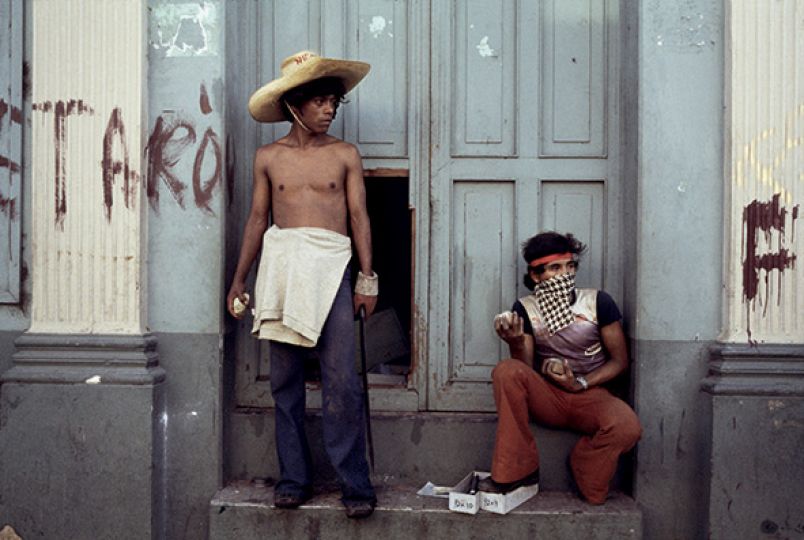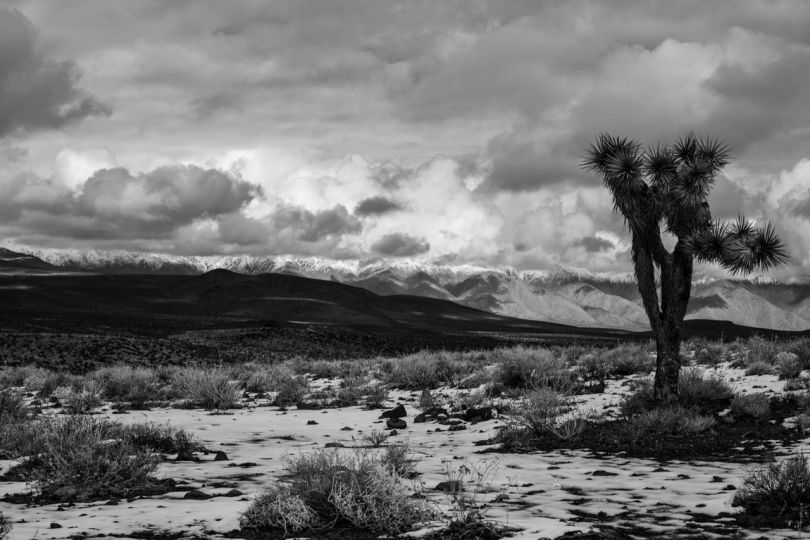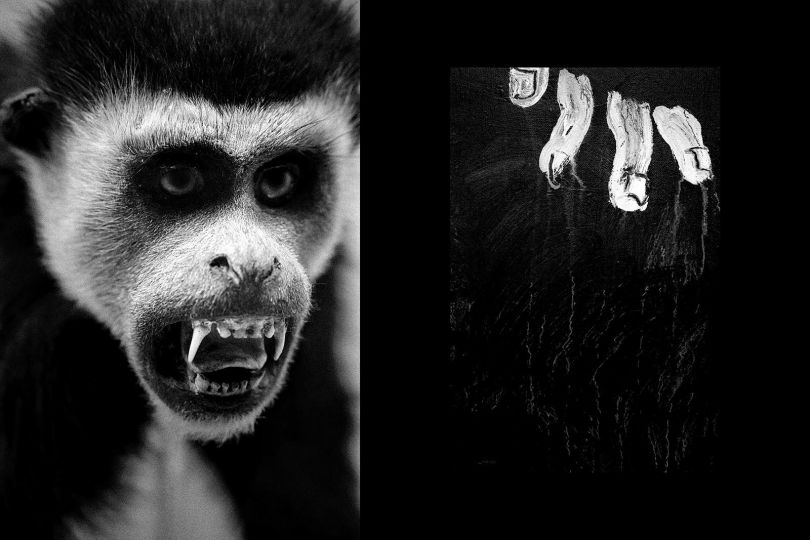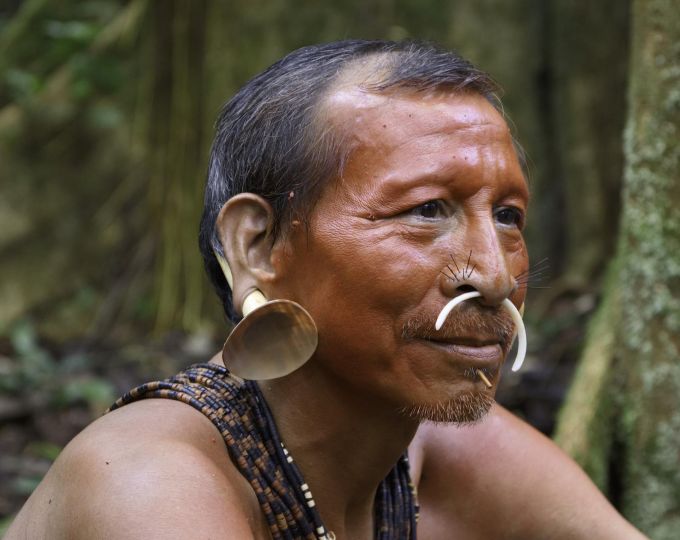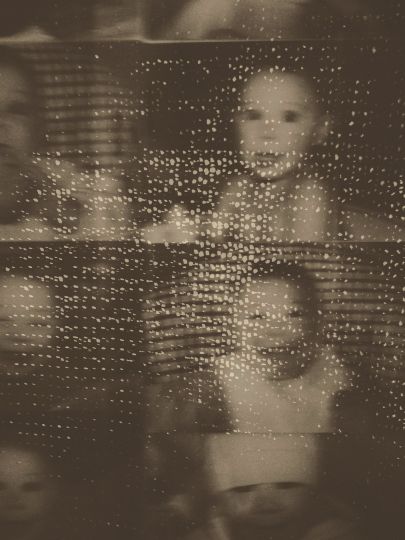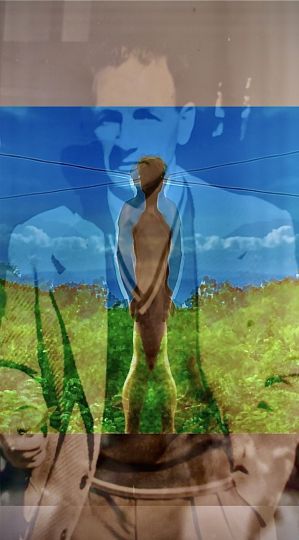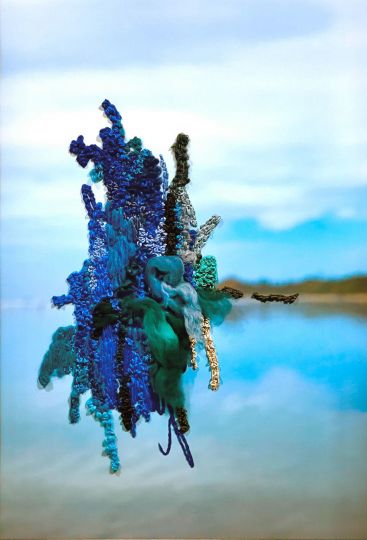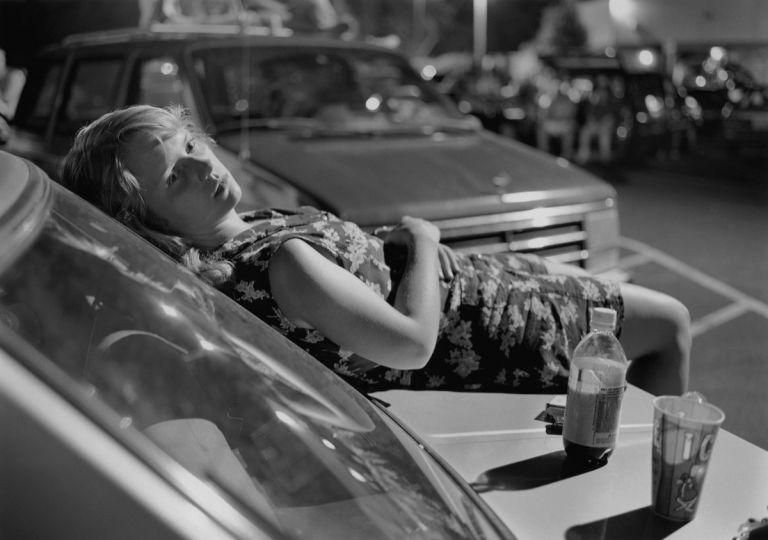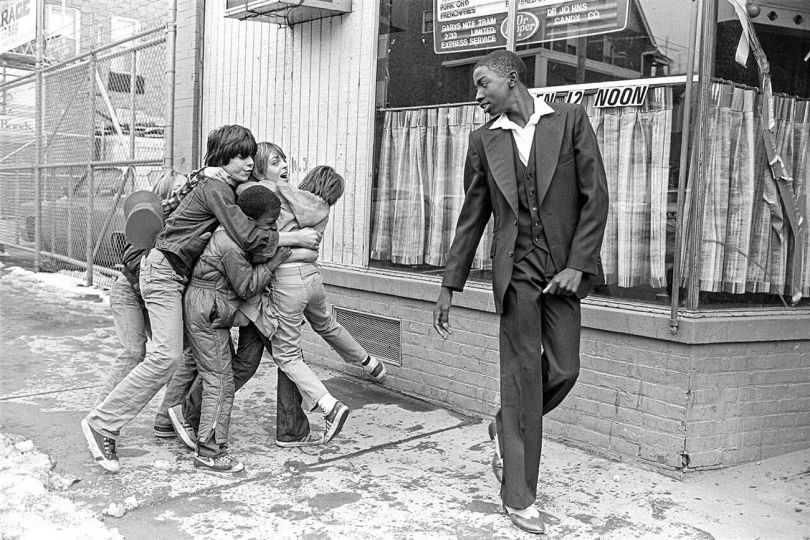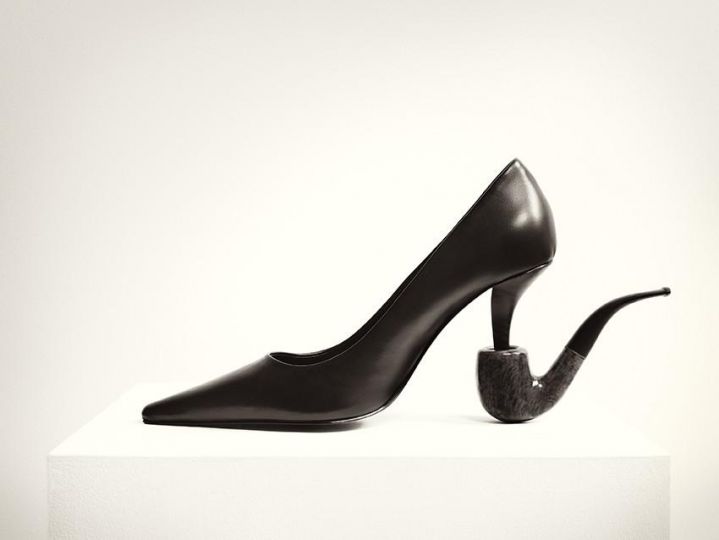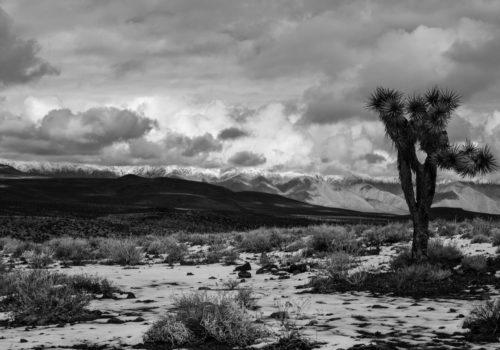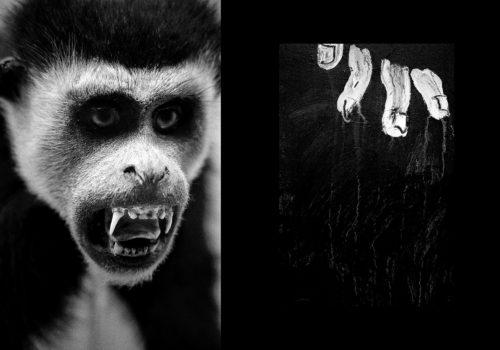Susan Meiselas: On the Frontline, recently published by Aperture, offers a personal insight into the work of the American artist. Beyond its comprehensive value—the book covers a majority of her stories in a roughly chronological order—it has the feel of a memoir, written by the photographer in the first person though the texts are excerpts of conversations between Susan Meiselas and Mark Holborn. Starting with her revelations about the limits of her medium to the reality of the mass media, we come to understand her relationship to photography, which is closely intertwined with her relationship with people and politics. “Experience is not image,” she writes before going on to evoke “the feeling of guilt you get when photographing scenes of terror in order to turn them into mere spectacle,” and, even more heartbreaking, the “awareness that a photograph may kill.” This observation stems from her experience in Nicaragua, where she traveled to take part in the revolution more than to document it over a few days. She arrived well before the overthrow of the dictatorship in 1979, just when the American media began to take interest in the region, imposing on journalists a rhythm that, Meiselas felt, excluded her: she was an intruder among the guerrillas and an intruder among professional journalists, she said. “They [i.e. the international journalists] would get off the plane and get what they came for, sticking to a set schedule. Personally, I remained true to a documentary approach and would closely watch the events as they unfolded in order to capture their dynamics.”
The less literal meaning of the title, On the Frontline, becomes clear as one reads along, and culminates in Meiselas’s conclusion: “The frontline is just a geographic space. […] The photographer who practices documentary photography is allowed to cross this line and show that the conflict zone is not limited to a battlefield in some faraway country: it is located right here at home, we inflict it on ourselves, it’s in our heads.” She refers to a series on sadomasochism, but this idea of frontline sheds light on her whole oeuvre. It is also the line where she nearly lost her life in Salvador: “For people like me, the frontline was the locus of permanent emotional trauma,” she wrote.
This frontline is also a metaphor for her commitment to others: from her thesis project, a series of portraits of her neighbors whose voices she felt compelled to include, to her visit to El Mozote, in Salvador, where she collected visual evidence of the massacre. It is the same commitment that she describes as the “urgency of bearing witness,” of being “constantly driven by the need to understand the terrible events of this era.” This may well be the reason why, even while news reporting was still rooted in black and white, she didn’t hesitate to use color, and why her practice is so polymorphous. “Who am I? […] An archivist, an observer, an image-maker ?,” she wonders. She is all those things at once, nourished by a sense of human commitment.
Laurence Cornet
Laurencen Cornet is a journalist specializing in photography. She is also an independent curator. She splits her time between New York and Paris.
Susan Meiselas: On the Frontline
Published by Aperture
$35
https://aperture.org/shop/susan-meiselas-on-the-frontline-3474/

